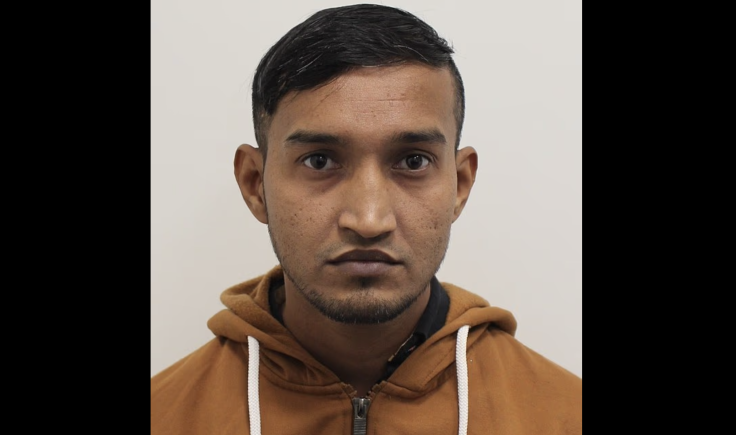'I Thought She Was My Wife': Man Who Groped 12-Year-Old Girl on Flight to UK Jailed for 21 Months
Javed Inamdar, 34, was sentenced to 21 months for sexually assaulting a 12-year-old on a British Airways flight from Mumbai to Heathrow, prompting debate over lenient sentencing.

A father-of-two has been jailed for sexually assaulting a 12-year-old girl on a British Airways flight from Mumbai to London Heathrow, later telling cabin crew he believed she was his wife.
Javed Inamdar, 34, was convicted at Isleworth Crown Court of assaulting a child under 13 by touching, following an incident on 14 December last year. The man was seated beside the girl during the overnight flight and, according to prosecutors, repeatedly stroked her hand 'to test the waters' before groping her as she slept.
The victim awoke in distress around midnight, shouting 'Get off me!' and 'Get the f*** away from me,' before alerting flight attendants. Cabin crew immediately separated Inamdar from the child and notified the captain, who contacted British Airways security and police awaiting the plane's arrival at Heathrow.
Victim 'Visibly Distressed' After Assault
Prosecutor Richard Burrington told the court that passengers saw the girl crying and hugging her knees to her chest. One witness, Anna Miller, seated nearby, recalled hearing the child's screams: 'Stop touching me!' Another passenger said the girl, shaking and upset, told her mother that the man next to her had 'put his hands up her top and touched her breast.'
Cabin manager Rebecca Rooney described the victim as 'visibly distressed,' saying she 'kept her knees pulled up and was hugging herself.' A crew member who spoke to Inamdar said he claimed he had been asleep and had 'mistaken the girl for his wife.'
Judge Calls Assault 'Outrageous'
Inamdar denied the charge, insisting he had no recollection of any contact. However, jurors rejected his defence.
Sentencing him to 21 months in prison, Judge Simon Davis told the defendant, 'You sat next to a young girl, and you saw an opportunity. You tested the waters by brushing her hand. That was an outrageous thing to do.' He added: 'This country will protect people like this young girl, especially at that young age.'
The judge said he took into account that Inamdar had spent several months in the UK on bail, unable to see his family in India. 'That, in itself, is another tragedy,' he said, describing the case as distressing for all involved.
Defence Cites Hardship and Cultural Difference
In mitigation, defence barrister Lee Sergent said Inamdar had been 'supported by his employer' while on bail and had endured 'exceptional hardship' while separated from his wife and two young children. He described his client as 'a man who comes from a different part of the world' and who had 'made success of his life in India helping his family.'
The court heard that Inamdar, who had been in the UK without immigration status, was staying in employer-provided accommodation during the trial.
Arrest and Deportation
Inamdar was arrested shortly after the Boeing 787 Dreamliner landed at Heathrow and questioned by officers from the Metropolitan Police. He told detectives he had been in 'a deep sleep' and could not remember where his hand was, adding that any contact 'must have been accidental.'
He will serve half of his 21-month sentence in custody before being released on licence and is expected to be deported following his imprisonment.
Judge Davis said the assault had caused 'lasting trauma' to the young victim and that no explanation could justify Inamdar's actions. 'You caused this girl deep distress,' he said. 'Your excuses were as implausible as they were offensive.'
Sentence Sparks Debate Over Leniency
The 21-month term has drawn criticism online, with some social media users arguing that the punishment is too lenient for the seriousness of the offence. Under UK law, sexual assault of a child under 13 can carry a maximum sentence of up to 14 years' imprisonment, depending on the circumstances and evidence presented.
Legal commentators note that shorter sentences in such cases often reflect mitigating factors such as lack of previous convictions, early cooperation, or time spent under restrictions before trial. However, victims' advocates have long argued that sentencing guidelines for sexual offences involving children fail to reflect the lasting impact on survivors.
© Copyright IBTimes 2025. All rights reserved.




















